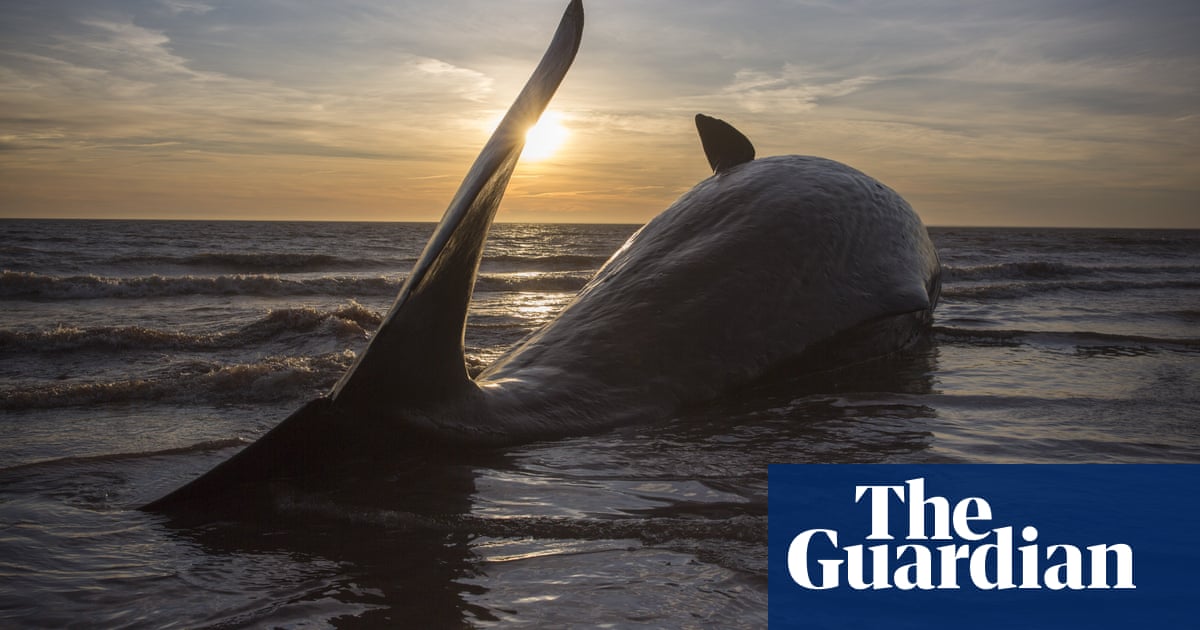The remote coastal or island location has become something of a cliche in recent literary fiction, often giving a novel an off-the-peg windswept atmosphere while isolating its frequently solitary protagonist for the purpose of unhealthy introspection. Elizabeth O’Connor’s evocative and haunting debut seeks to do something different with the formula, exploring the larger themes of social inequality, tradition versus modernisation, and female emancipation between the wars.
Set during the last four months of 1938 on an island off the Welsh coast, the novel follows 18-year-old Manod and her quest to break free from her imprisoning surroundings. Three miles long and home to only 12 families, the island has an economy sustained by what its remaining inhabitants can catch from the sea – “most of the young men had been killed in the war, or were trying to get a job on the mainland”.
Manod lives in Rose Cottage with her sister, brother and distant fisherman father, spending her time on embroidery and learning English from Woman’s Own to better facilitate her eventual escape. Her mother’s absence is initially unexplained, but as we learn more about Manod’s past, this mystery becomes the book’s emotional core.
When two English anthropologists, Edward and Joan, arrive to study the island’s people and history, Manod is keen to hear more about mainland life and hopes they will provide her with a ticket out. O’Connor weaves the anthropologists’ reports into the novel, revealing the islanders from an urban perspective (“many of them wearing clothes from twenty or so years ago”). Also included are transcriptions of the islanders’ testimonies, their folk tales and ancient superstitions. These earn their place by their ring of authenticity. O’Connor has spoken of how the novel was inspired by her grandparents, who “made their own journeys inland, from farming and fishing communities struggling in the onset of modernity and ecological change to larger cities and the prospect of global war”.
Against this backdrop of uncertainty and personal and political change is the ominous presence of a whale that becomes stranded on the island’s beach. The carcass is hauled out to sea, only to return on the other side of the island. It’s a monstrous, compelling image: “The dark hull of its spine and the fringe of its mouth, bronze in the low-coming light … the smell collapsed over us.”
As a metaphor, it could be a harbinger of returning war, though O’Connor is never heavy handed, aware that the whale is a complex and time-honoured literary symbol. Is this whale a Melvillian adversary the islanders are doomed to do battle with until the modern world destroys their traditions? Or is the appearance of a creature from the deep congruent with Manod’s emerging sense of herself? Eventually, the animal is dismembered for fuel, glue and fertiliser to store up against the winter, yet its symbolic and corporeal reality continues to dominate the book’s littoral landscape.
Meanwhile, the supportive Joan, who at first encouraged Manod to go to university and live without the encumbrance of a husband, becomes hostile when Manod begins a furtive and ill-fated affair with Edward. This revelation of adult emotional complexity shocks Manod out of her torpor and decides her future: she can no longer rely on anyone but herself. At this point, she also faces up to the reality of her mother’s disappearance, giving her further impetus to leave the island.
after newsletter promotion
If the book has weaknesses, they are mainly structural in origin. Occasionally, the interpolated testimonies become interruptive, no longer meaningfully juxtaposed with the narrative moment. And some dialogue scenes are frustratingly lacking in conflict, merely expository, telling us things we already know, such as reiterating Edward and Joan’s purpose on the island or the fact that war is coming.
Yet Whale Fall is, for the most part, written with a care and restraint that is rare in a debut novel. It teems with visceral imagery, from the “rust-sick” fishing boats to the “bone-white thread” of gutting scars on Manod’s father’s hands to the “petals of fat blue and mauve” of the whale’s intestines.
Allied to this lyricism is an awareness of how forces beyond our control shape our lives at every turn. In addition, O’Connor never strays far from Manod’s interior struggles and her beguiling sense of self-possession. At the novel’s close, we dearly wish the new life her heroine makes for herself will bring her some hard-won serenity.







